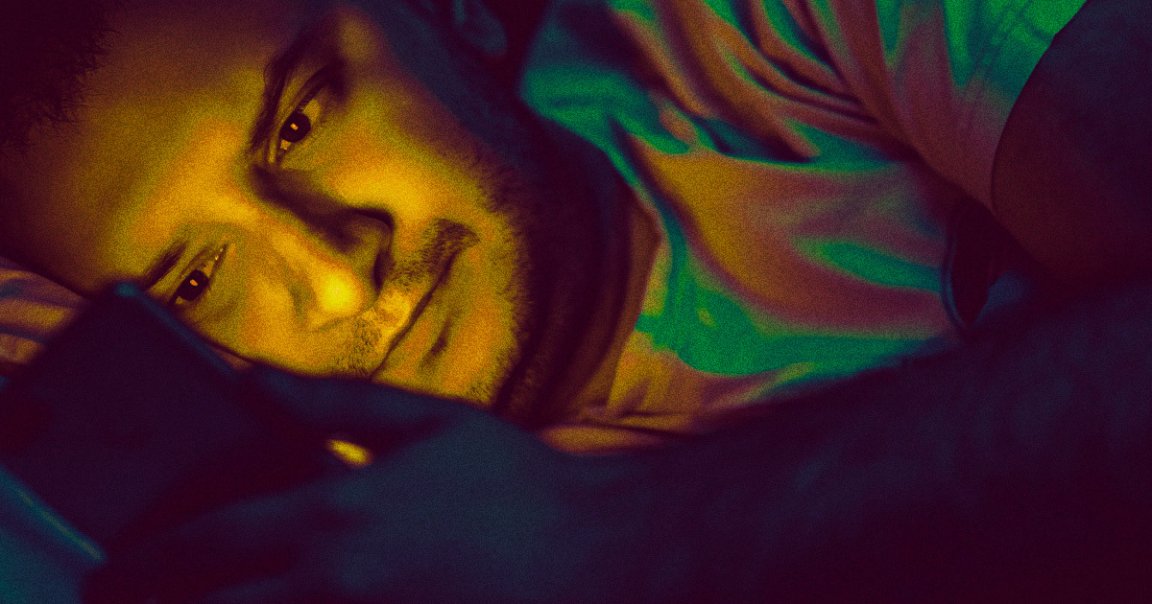
Game-Set-Match
A class action lawsuit filed against Match — the parent company that owns the dating apps Tinder, Hinge, and The League — accuses the dating app giant of purposefully getting users hooked to the apps, The Washington Post reports.
The suit, filed in California, argues that Match gamifies its apps to the point that they become addictive, ultimately disincentivizing users from forsaking the swipe machine to pursue offline romantic partnerships.
In other words, dating apps often become an unbeatable doom loop – and according to the lawsuit, the apps’ business models are at fault.
“Match intentionally designs the Platforms with addictive, game-like design features,” reads the filing,” which lock users into a perpetual pay-to-play loop that prioritizes corporate profits over its marketing promises and customers’ relationship goals.”
21st Century Love
The suit was filed by extremely-down-to-sue-tech-giants attorney Ryan Clarkson, whose firm is also leading separate class action lawsuits against OpenAI and Google. Busy guy.
Match, for its part, has maintained that the filing is bogus, telling Reuters and others last week that the case is “ridiculous and has zero merit.”
“Our business model is not based on advertising or engagement metrics,” Match’s statement continued. “We actively strive to get people on dates every day and off our apps.”
On that note, experts have expressed some trepidation about the lawsuit’s legal footing.
“The lawsuit is a bit absurd, if I’m honest,” Jo Hemmings, a psychologist and relationship coach, told WaPo, arguing that responsibility for compulsory app use “lies in the hands of the user.”
Other experts, however, aren’t so quick to dismiss the lawsuit’s allegations.
“By hijacking the brain’s reward system, which privileges the short-term hit of dopamine over more long-term rewards, the design of dating apps encourages us to keep playing,” Mia Levitin, author of “The Future of Seduction,” told The Guardian. “It’s like the quick fix of junk food rather than enjoying a real meal.”
It’s a fascinating premise for legal action, especially considering that the public has widely concluded that social media platforms and smartphones are addictive. (This isn’t just vibes-based; many studies have drawn links between social media use and compulsive behavior.)
But it’s one thing to recognize addictive patterns. Proving that a platform is acting deliberately to perpetuate them is another thing, and to that end, that the lawsuit exists mostly feels like a reflection of modern frustrations with life in a digital world. The promise of your next best date lying at the swipe of a thumb is alluring. And yet, in a world where algorithms provide seemingly endless choices in everything from shoes to partners, many are seemingly finding themselves lonelier than ever.
More on dating apps: Man Uses AI to Talk to 5,000 Women on Tinder, Finds Wife